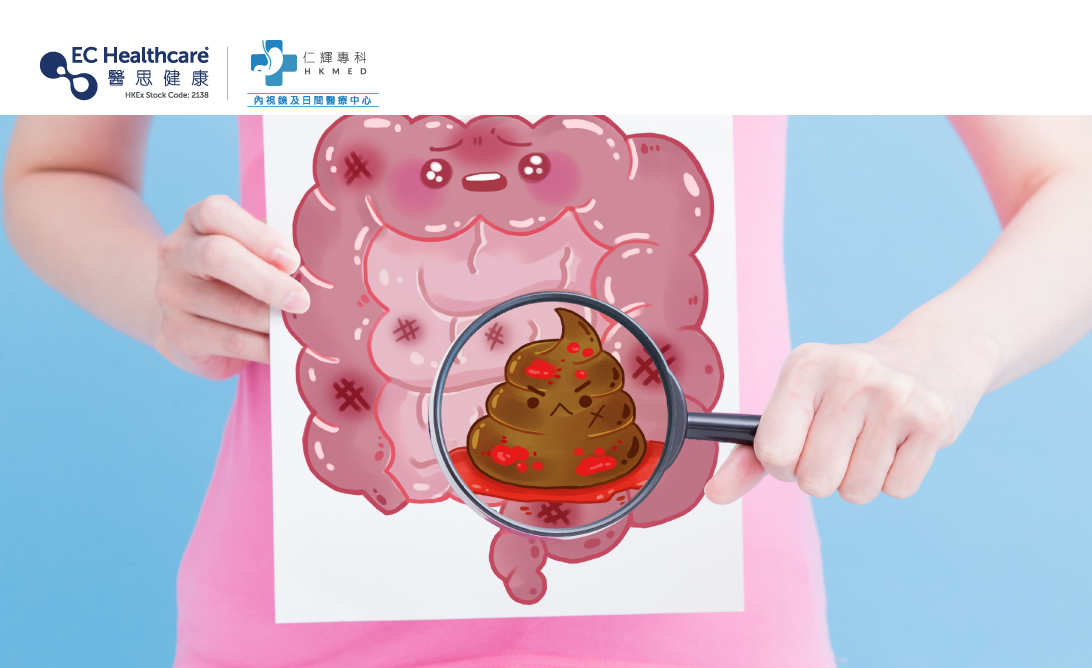Does Blood in Stool Necessarily Mean Colorectal Cancer?


Colorectal cancer is a common deadly cancer, and one well-known symptom is blood in stool. This makes many people that that they have colorectal cancer when they see blood in their stool. However, blood in stool does not necessarily mean colorectal cancer and could be caused by other health issues.
Identifying diseases through blood in stool
Blood in stool is most commonly associated with three conditions: haemorrhoids, anal fistulas, and colorectal cancer. We can make a simple assessment based on the appearance of the blood in stool:
1.Haemorrhoids Causes
In the case of haemorrhoids, the blood in the stool is usually bright red in colour and adheres to the surface of the stool. In severe cases, the blood may drip separately from the stool. There may be a significant amount of blood on the toilet paper or even splattered on the toilet bowl. Patients may also experience severe pain during bowel movements.
2.Colorectal cancer
In the case of colorectal cancer, the blood in the stool is usually not very noticeable, appears as an oxidised dark red colour, and mixes with the stool. Some stools may have a transparent mucus coating on the surface. Generally, the bleeding is not significant and does not persist. There is usually no pain during bowel movements as well.
3.Anal fistulas
Anal fistulas rarely cause bleeding. If there is a small amount of blood, it is usually accompanied by a yellowish discharge.
Although visual observation can provide a basic understanding of the underlying condition, it may not always be accurate. For example, some patients may have a tumour at the end of the rectum, which can also cause pain and bright red blood during bowel movements, resembling the symptoms of haemorrhoids.
If blood in stool persists for more than a week, it is advisable to consult a specialist for an examination as soon as possible.
How to determine the cause of blood in stool?
Doctors will first conduct a digital rectal examination, and then they may perform an anoscopy to examine the anus and rectum for the presence of haemorrhoids. If the issue is solely due to haemorrhoids, appropriate treatment such as topical creams or surgery will be provided. In the case of anal fistulas, surgical intervention is necessary to drain abscesses and remove the fistula.
However, if doctors detect any abnormalities or if the patient continues to experience blood in stool after treatment, they will recommend further tests such as a faecal occult blood test and colonoscopy. Colonoscopy is currently the most accurate diagnostic test for colorectal cancer. It involves using an endoscope to directly visualise the condition of the colon. If polyps or other abnormalities are found, they can be immediately removed and extracted for laboratory tests, effectively preventing and treating colorectal cancer.
Related Brands



